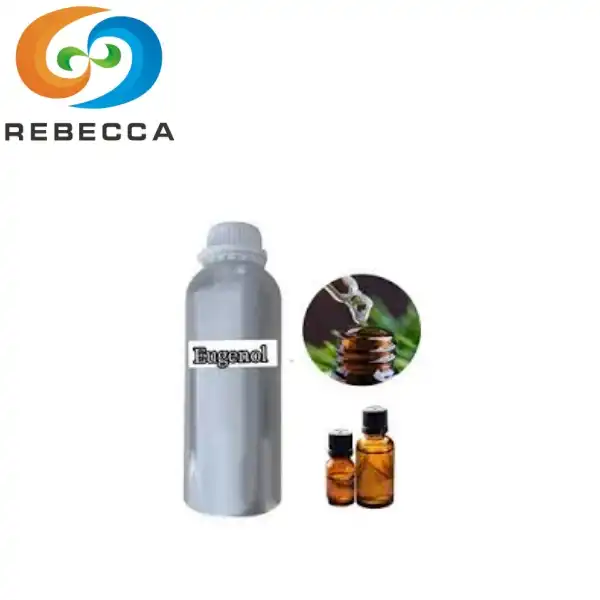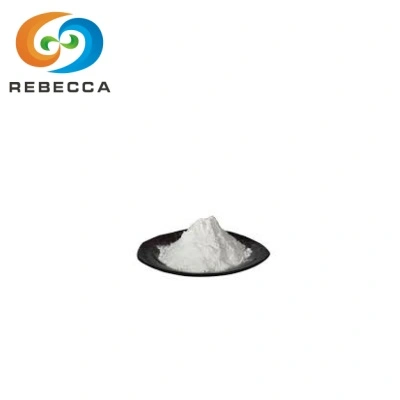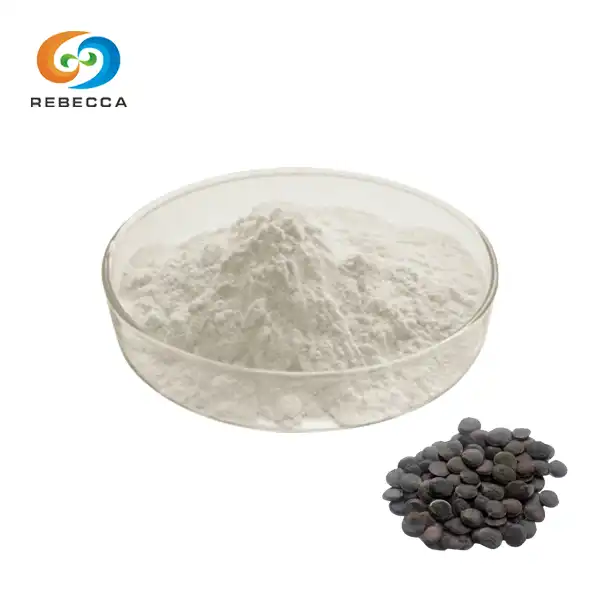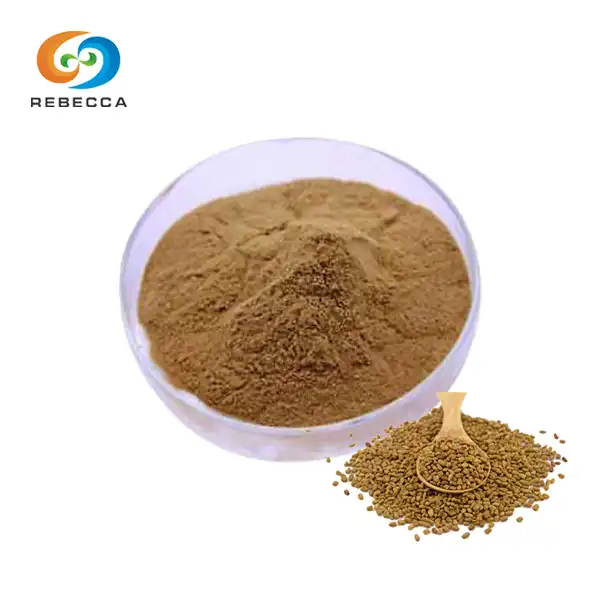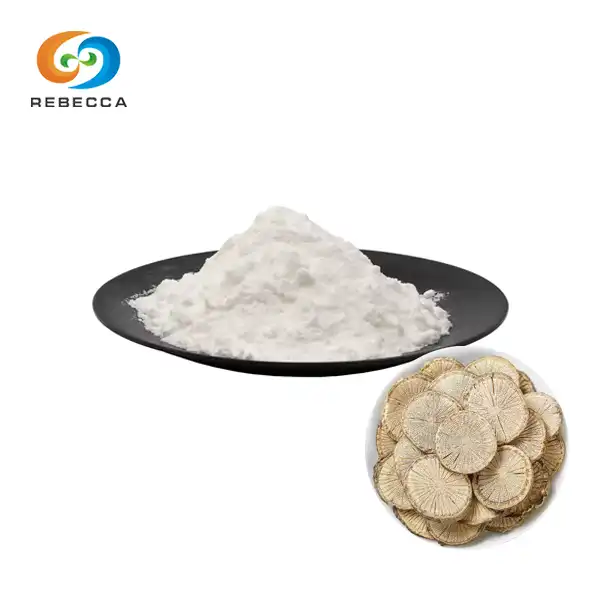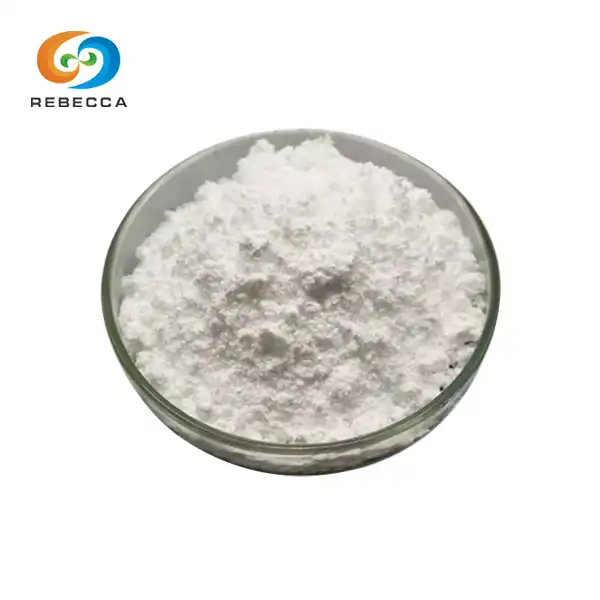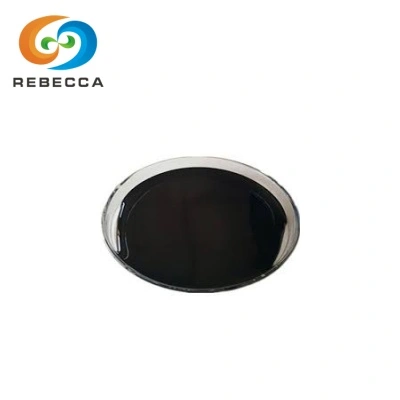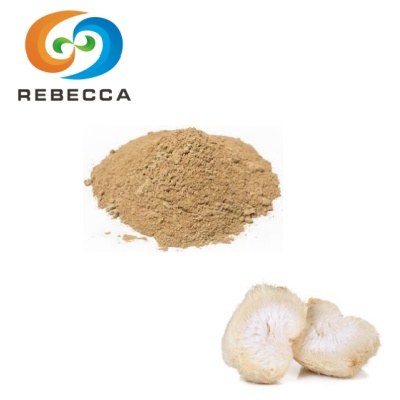How long does curcumin stay in your system?
Curcumin powder,, the bioactive compound in turmeric (Curcuma longa), has gained global attention for its potential health benefits, from anti-inflammatory effects to antioxidant properties. Yet for anyone using curcumin supplements or incorporating large amounts of turmeric into their diet, a critical question remains: How long does this compound actually persist in the body? The answer is not a simple number, it depends on metabolic pathways, dosage, formulation, and even individual biology. Below, we break down the science behind curcumin's residence time, its influencers, and what this means for practical use.

Baseline Timeline: Curcumin's Detection Window in Tissues and Fluids
To understand how long curcumin stays in the body, researchers measure its presence in three key locations: blood plasma, urine, and tissues. These measurements reveal a short initial circulation time but potential longer-term retention in specific organs.
Blood Plasma: For healthy adults taking a single oral dose of standard curcumin powder (1–5 grams), curcumin reaches peak plasma concentrations within 1–2 hours. Its half-life (the time it takes for half the compound to be eliminated) is extremely short—just 1–2 hours. By 4–6 hours post-ingestion, plasma levels often drop below detectable limits with conventional lab tests.
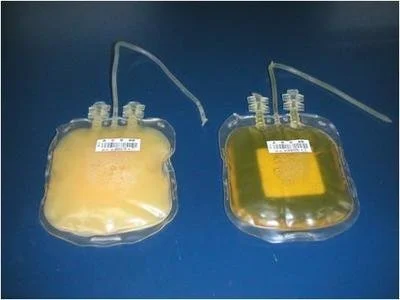
Urine: Most unmetabolized curcumin powder and its breakdown products are excreted in urine within 24 hours of ingestion. A 2017 study in the Journal of Ethnopharmacology found that less than 1% of an oral curcumin dose appears in urine, highlighting how quickly the body processes and eliminates the compound.
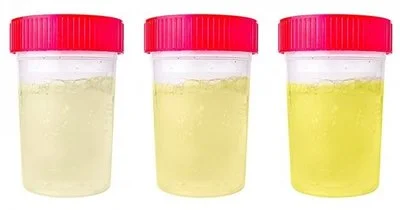
Tissues: Unlike plasma or urine, curcumin may accumulate in certain tissues, extending its presence beyond 24 hours. Animal studies (on rodents and primates) show curcumin lingers in the liver, kidneys, and brain for 3–7 days after repeated dosing. Human data is limited, but researchers suspect a similar trend—especially in fatty tissues, where curcumin (a fat-soluble compound) can be stored temporarily.
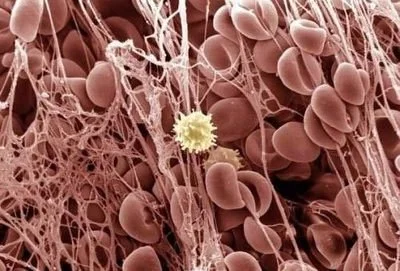
Why Curcumin's Residence Time Varies: Key Influencing Factors
The short baseline timeline is not fixed. Several variables can significantly extend or shorten how long curcumin stays in your system. These factors explain why two people taking the same “dose” might experience different retention patterns.
Dosage and Formulation
Standard curcumin powder has very low bioavailability, less than 5% of an oral dose is absorbed into the bloodstream. This poor absorption is the main reason for its short plasma half-life. However, advanced formulations address this:
Nanoparticle or liposomal curcumin: These tiny carriers help curcumin cross the intestinal barrier more efficiently. A 2020 study in Nutrients found liposomal curcumin increased plasma half-life to 4–6 hours and extended detectability to 12 hours.
Curcumin with piperine: Piperine (a compound in black pepper) inhibits glucuronosyltransferase, an enzyme that breaks down curcumin in the liver. Adding 20 mg of piperine to a curcumin dose can increase bioavailability by 2,000% and extend plasma retention to 8–10 hours, per research in the Journal of Clinical Pharmacology.
Diet and Gut Health
Fatty meals: Curcumin powder is fat-soluble, so consuming it with dietary fats (e.g., olive oil, avocado) boosts absorption by slowing gastric emptying. This can lengthen the time curcumin stays in the small intestine (where absorption occurs), increasing plasma levels and extending detectability by 1–2 hours.
Gut microbiota: The gut microbiome plays a role in curcumin metabolism. Bacteria like Bifidobacterium and Lactobacillus break down curcumin into smaller, active metabolites (e.g., tetrahydrocurcumin). People with imbalanced gut flora may metabolize curcumin faster, reducing its residence time.
Individual Metabolism
Genetic differences in liver enzymes affect curcumin breakdown. The CYP450 enzyme family (specifically CYP3A4 and CYP2C9) is responsible for most curcumin metabolism. Individuals with higher activity of these enzymes will eliminate curcumin powder more quickly, shortening its stay in the body. Age and liver health also matter, older adults or those with liver dysfunction may have slower metabolism, extending retention.
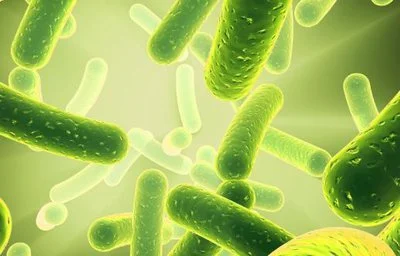
Metabolic Pathways: Why Curcumin Doesn't Linger (Unless Modified)
Its short residence time is ultimately driven by how the body processes it. The liver and gut work together to break down curcumin powder into inactive metabolites, which are then excreted rapidly.
Phase II Metabolism in the Liver: Within minutes of entering the bloodstream, curcumin is transported to the liver. Here, enzymes attach glucuronic acid or sulfate groups to the compound, a process called “conjugation.” Conjugated curcumin is water-soluble and cannot bind to target cells (e.g., inflammatory markers), so it is quickly shuttled to the kidneys for excretion.
Gut Metabolism: Most curcumin that isn't absorbed in the small intestine reaches the colon, where gut bacteria break it down into simpler compounds like ferulic acid and vanillin. These metabolites have lower biological activity than curcumin powder and are excreted in feces within 24–48 hours.
Enterohepatic Circulation: A small amount of conjugated curcumin is sent to the bile (instead of the kidneys) and released back into the gut. In the gut, some of it is deconjugated (reconverted to active curcumin) and reabsorbed. This “recycling” process can slightly extend its presence, but it is minimal, adding only 1–2 hours to its total residence time.
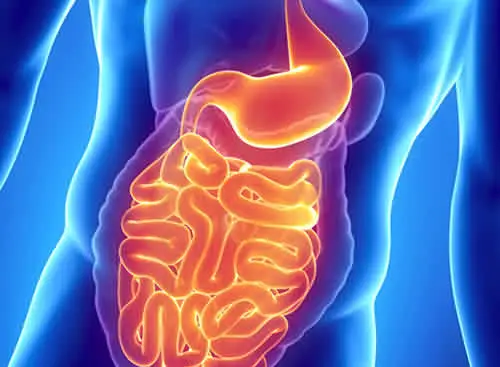
Practical Implications: What This Means for Supplement Users
Understanding its residence time is not just academic, it helps users optimize their intake for maximum benefit.
Dosing Frequency: Because standard curcumin is eliminated so quickly, taking a single daily dose will not maintain steady plasma levels. Researchers recommend splitting doses into 2–3 servings per day (e.g., 500 mg with breakfast, lunch, and dinner) to keep curcumin powder available throughout the day.
Formulation Choice: If you need longer-lasting effects (e.g., for chronic inflammation), choose a high-bioavailability formulation. Liposomal curcumin or curcumin-piperine blends are better at maintaining detectable plasma levels for 8–12 hours, reducing the need for frequent dosing.
Avoiding Misconceptions: Longer residence time does not equal better results. Its metabolites (e.g., tetrahydrocurcumin) may have unique benefits, even if they are less potent. Focus on consistent intake rather than chasing “extended retention” alone.
Curcumin's stay in the body is a study in balance: short-lived in the bloodstream (1–6 hours for standard formulations) but potentially longer in tissues (3–7 days with repeated dosing). Its residence time is shaped by how it's formulated, what you eat, and your unique metabolism. For most users, the key takeaway is clear: prioritize high-bioavailability forms and split doses to keep curcumin powder active when your body needs it. As research advances, we may uncover new ways to extend its retention, but for now, these evidence-based strategies offer the best path to harnessing curcumin's potential.
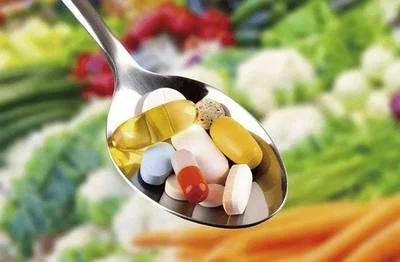
Curcumin Powder Manufacturer
Rebecca Bio-Tech manufactures turmeric extract in a range of purities from 10% to 95%, meeting the quality standards of CP (Chinese Pharmacopoeia), EP (European Pharmacopoeia), and USP (United States Pharmacopeia). This flexibility in purity allows supplement formulators to customize products according to specific requirements and desired bioavailability. While Rebecca Bio-Tech produces a high-purity Curcumin 98%, it is important to note that they specialize in raw material supply and do not manufacture finished consumer supplements. Consumers should seek reputable supplement brands that source their curcumin from trusted suppliers like Rebecca Bio-Tech.
When selecting a curcumin supplement, opting for products with at least 95% purity is advisable to maximize health benefits. However, efficacy also depends on the supplement's overall formulation, including ingredients that enhance curcumin absorption and retention in the body. Supplement manufacturers interested in sourcing turmeric extract can contact Rebecca Bio-Tech at information@sxrebecca.com.
References
Anand, P., Kunnumakkara, A. B., Newman, R. A., & Aggarwal, B. B. (2007). Bioavailability of curcumin: problems and promises.
Sharma, R. A., Euden, S. A., Platton, S. L., Cooke, D. N., Shafayat, A., Hewitt, H. R., & Gescher, A. J. (2001). Pharmacokinetics and pharmacodynamics of oral curcumin in advanced colorectal cancer.
Singh, R., Singh, M., & Pandey, M. (2023). Preparation and evaluation of the curcumin niosomes: In vitro and in vivo.
Khajehdehi, P., Hedayati, M., & Nikfar, S. (2017). Curcumin ameliorates kidney function and oxidative stress in experimental chronic kidney disease.
Deeken, J. F., Goldwasser, J., Ramanathan, R. K., Abbruzzese, J. L., & Wolff, R. A. (2007). Phase I clinical trial of intravenous liposomal curcumin in patients with advanced malignancy.
